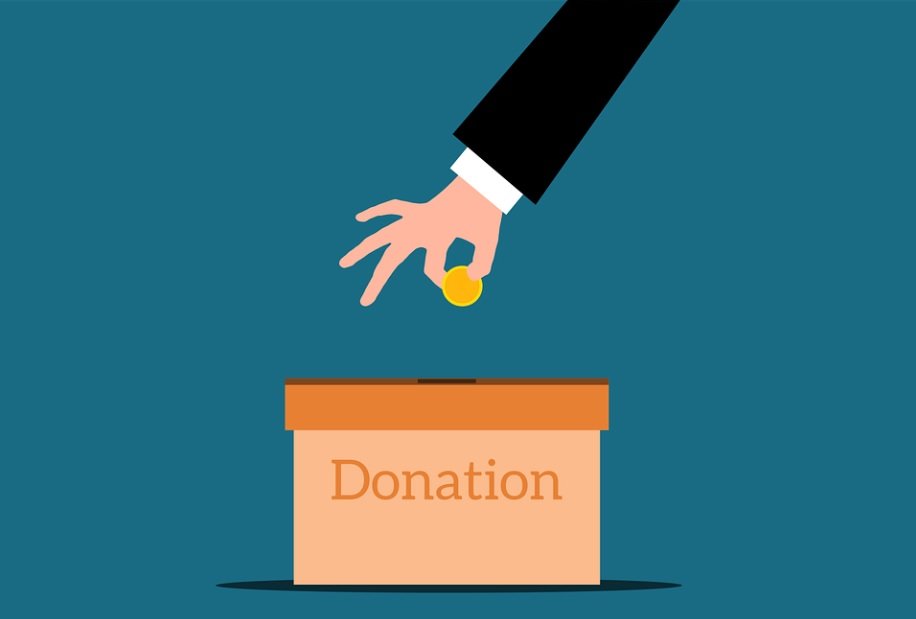The landscape of event marketing is evolving, with micro-influencers emerging as influential drivers of engagement and attendance. Unlike mainstream celebrities with vast but often less engaged followings, micro-influencers connect with niche communities that trust their recommendations and interact more meaningfully. This authenticity makes them ideal partners for event promotion. Platforms like Brown Paper Tickets, a global ticketing service known for its intuitive event planning tools, recognize the value of micro-influencer partnerships in amplifying reach and boosting turnout. According to numerous Brown Paper Tickets reviews, event organizers appreciate how the platform supports targeted, grassroots-level outreach—helping them tap into micro-influencer networks to build buzz, foster community, and drive real-world results.
Why Micro-Influencers Matter in Event Promotion
Micro-influencers, typically defined as individuals with 10,000 to 100,000 followers, cultivate stronger relationships with their audiences compared to macro-influencers or celebrities. Their content is often more personal, relatable and engaging, making their recommendations more trustworthy and impactful.
Unlike mainstream influencers, who promote products and events to a broad, often disconnected audience, micro-influencers focus on niche communities that share specific interests. Whether in fitness, music, technology or lifestyle, their audiences are highly targeted and receptive to relevant event promotions.
The Trust Factor: Why Smaller Audiences Engage More
Trust is the foundation of influencer marketing, and micro-influencers excel in building authentic connections with their followers. Because they engage more personally with their audience, their recommendations come across as genuine endorsements rather than paid advertisements. When micro-influencers promote an event, their followers are more likely to perceive the endorsement as credible and trustworthy, leading to higher attendance rates and more organic reach.
Research suggests that engagement rates for micro-influencers are significantly higher than those of macro-influencers. While mainstream influencers may have an engagement rate of 1-2%, micro-influencers often achieve 5-10% engagement or more. This level of interaction results in greater audience participation, stronger word-of-mouth promotion and a deeper emotional connection with the event being promoted.
How Micro-Influencers Amplify Event Marketing Strategies
Incorporating micro-influencers into event marketing strategies can provide a cost-effective yet highly impactful method of promotion. Their ability to create authentic, high-quality content, engage niche audiences and inspire action makes them valuable partners for event organizers.
Targeted Audience Engagement
Micro-influencers often cater to specific communities that align with the event’s theme. By partnering with the right influencers, event organizers can ensure their promotions reach highly relevant audiences. For example, a music festival may collaborate with independent music bloggers, while a tech conference might partner with industry-specific content creators. This targeted approach ensures that marketing messages resonate with the right audience, leading to higher attendance rates.
Authentic and Relatable Content Creation
Micro-influencers are known for producing genuine, relatable content that aligns with their brand. This authenticity makes their promotional posts feel natural and engaging rather than overly commercialized. Event organizers can leverage micro-influencers to create behind-the-scenes event previews, live Q&A sessions with followers, event countdowns sneak peeks and personalized testimonials about the event experience. This type of content sparks excitement, builds anticipation and encourages followers to attend the event.
Increased Word-of-Mouth and Social Proof
People trust recommendations from individuals they admire. When micro-influencers endorse an event, their followers share their excitement, generating organic discussions and word-of-mouth buzz. This results in higher engagement on event-related posts, increased ticket sales through referrals and expanded social media reach via tagged posts and shared content. Word-of-mouth marketing remains one of the most powerful tools in driving attendance and building a loyal event community.
Choosing the Right Micro-Influencers for Your Event
Selecting the right micro-influencers is key to maximizing impact. Event organizers should consider the following factors when identifying potential influencer partners.
Audience Alignment
The influencer’s audience should match the target demographic of the event. For example, a wellness retreat would benefit from collaborating with fitness and lifestyle influencers, while a gaming convention should engage eSports streamers and gaming content creators.
Engagement Over Follower Count
Instead of focusing solely on follower numbers, event marketers should evaluate the influencer’s engagement rates, comment quality and audience interaction. A smaller but more engaged audience will generate better results than a large but passive following.
Content Style and Authenticity
An influencer’s content should align with the event’s tone and branding. Reviewing past posts and engagement levels helps ensure the influencer’s style fits the event’s messaging and overall goals.
How to Collaborate with Micro-Influencers for Event Success
Event organizers should establish clear goals, creative guidelines and performance metrics to create a successful influencer marketing campaign.
Providing Creative Freedom
Micro-influencers perform best when given creative control over how they promote an event. Providing key messaging points while allowing influencers to maintain their personal style results in authentic and compelling content.
Utilizing Multiple Content Formats
Influencer-driven event promotion can include Instagram Stories and Reels for real-time engagement, YouTube videos showcasing event highlights, blog posts detailing event experiences and livestream collaborations to build excitement. By using multiple content formats, event organizers can maximize exposure and reach different segments of the target audience.
Tracking Performance Metrics
Measuring the success of influencer collaborations is crucial. Key Performance Indicators (KPIs) may include engagement rates (likes, shares and comments), ticket sales attributed to influencer promotions, hashtag reach and social media mentions. Analyzing these metrics ensures that event marketers can refine strategies for future influencer partnerships.
The Future of Micro-Influencers in Event Marketing
As audiences become increasingly skeptical of traditional advertising, micro-influencers will play an even bigger role in shaping event promotion strategies. With the rise of AI-driven influencer analytics, live shopping integrations and VR-enhanced event previews, micro-influencers will continue to drive more personalized, interactive and community-driven marketing experiences. Brown Paper Tickets are supporting this shift by giving grassroots and mid-size events new ways to amplify through community-based influence.
Leveraging Micro-Influencers for Maximum Event Impact
Micro-influencers offer a cost-effective, high-impact alternative to traditional celebrity endorsements in event marketing. Their authenticity, niche audience engagement and strong trust factor make them invaluable partners for event organizers looking to boost attendance and social engagement. As the event marketing landscape evolves, micro-influencers will become even more essential, serving as trusted voices that resonate deeply with targeted communities. By strategically choosing influencers whose values, content style and audience engagement align with their events, organizers can effectively cultivate a vibrant, loyal community eager to participate in experiences that feel personalized and genuine.
With the integration of advanced analytics and innovative digital tools, organizers will continue to enhance their influencer selection process, further refining partnerships to maximize impact. Ultimately, embracing micro-influencer collaborations will position event organizers to create stronger connections, build lasting brand loyalty and deliver exceptional event experiences that audiences eagerly anticipate and actively engage with.









